Climate justice has lost a towering figure. And with the COP28 climate summit opening four weeks from today, journalists have lost an invaluable source — a peerless guide to the insider maneuverings, power politics, and especially the moral questions at the heart of international climate negotiations.
Saleemul Huq died Saturday at his home in Dhaka, Bangladesh, of a heart attack, aged 71. A scientist, diplomat, columnist, activist, and mentor, he also championed journalism’s vital role in combating climate change. “More and better news coverage does not by itself guarantee victory,” he wrote last year in TIME, “but it is indispensable to our chances of reversing course before it is too late.”
Any journalist covering, or simply wanting to understand, COP28 will profit from studying Huq’s extraordinary achievements and piercing insights into what happens at COPs and why it matters.
Many tributes have noted that Huq, the director of the International Centre for Climate Change and Development, was instrumental in getting rich countries to agree at COP27 to pay for the “loss and damage” their high emissions inflict on poor countries. “Saleemul Huq pushed, cajoled, strategized for 30 years for rich, industrialized countries to acknowledge climate loss and damage,” Somini Sengupta, The New York Times global climate reporter, tweeted. “He lived to see it happen last year.”
Less known is that Saleem was also at the heart of the diplomatic push that got the 1.5-degree-Celsius target into the 2015 Paris Agreement. At the time, mainstream opinion considered even a 2-degree-C target politically challenging; 1.5 degrees C was dismissed as utter fantasy. But Huq, his colleagues at the Bangladesh Centre for Advanced Studies, and allies across the global climate movement organized diplomats from climate-vulnerable countries to stand together to demand the 1.5-degree-C target. Anything more than 1.5 degrees [C] “is a death sentence” for low-lying countries like the Maldives, explained Mohammed Nasheed, the former president of The Maldives.
Throughout his career, Huq was guided by an experience in his youth when he “got to know the poor as individuals, not as an abstraction.” After earning a PhD in botany in London, he returned home and spent months living with fishing families in the river communities of Bangladesh. Having grown up upper-middle class, he later said, “it was an eye-opening experience” to see that the poor “were extremely resilient and often ingenious at coping with the circumstances they faced.”
He concluded that “instead of doing research on the poor, we should do research for the poor… hearing their ideas and working together to devise and apply remedies.” That conviction led to his subsequent work on “community-based adaptation” and “loss and damage,” which, he emphasized, was not charity but compensation. And the poor “have to be in the driver’s seat” about how such payments are spent.
It took 19 years for “loss and damage” finance to be enshrined in a COP agreement, but Huq never gave up. Many tributes have mentioned that he was unfailingly kind, humble, and patient. He also had a spine of steel. Two days after the COP27 victory, he inspired a group of allies with words that still ring loudly today, and not just about climate change. “Most of the time we don’t win,” he said. “It’s an unlevel playing field. But occasionally, we win…. Just because things are going bad does not mean you can give up. You have to keep on going.”
Source : Covering Climate Now

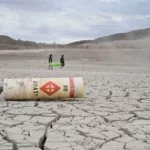

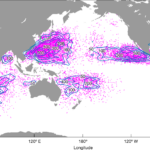

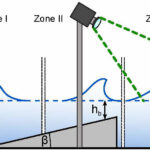

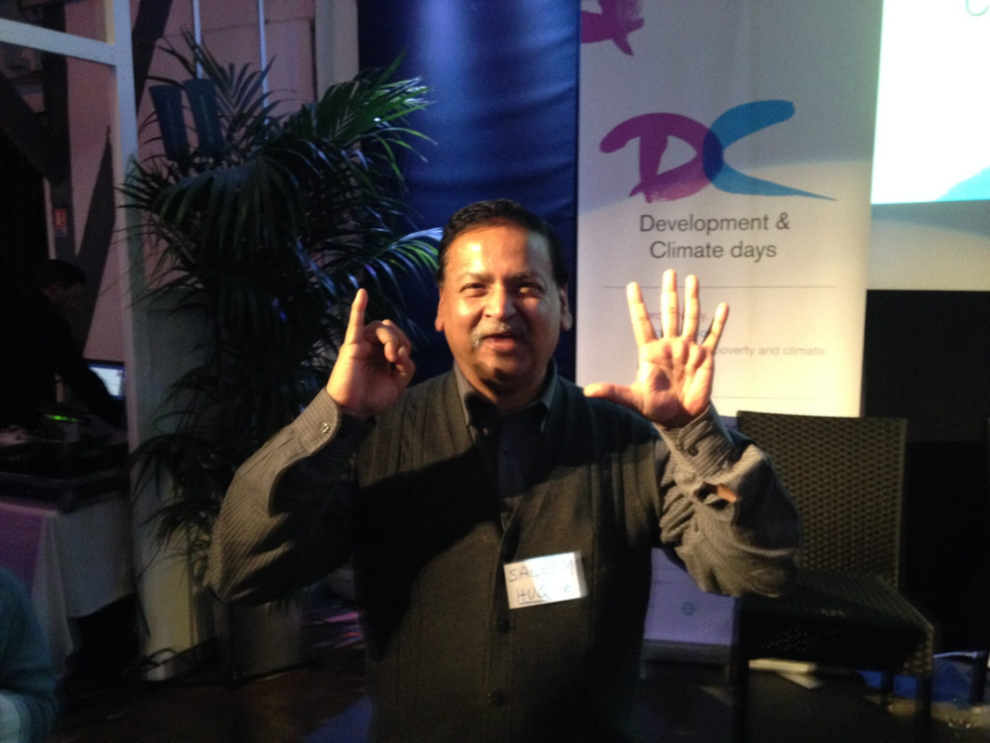
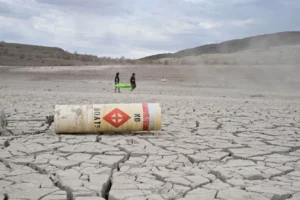

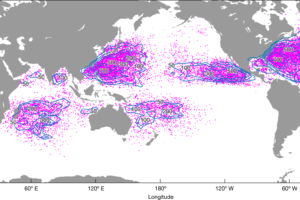
Add Comment